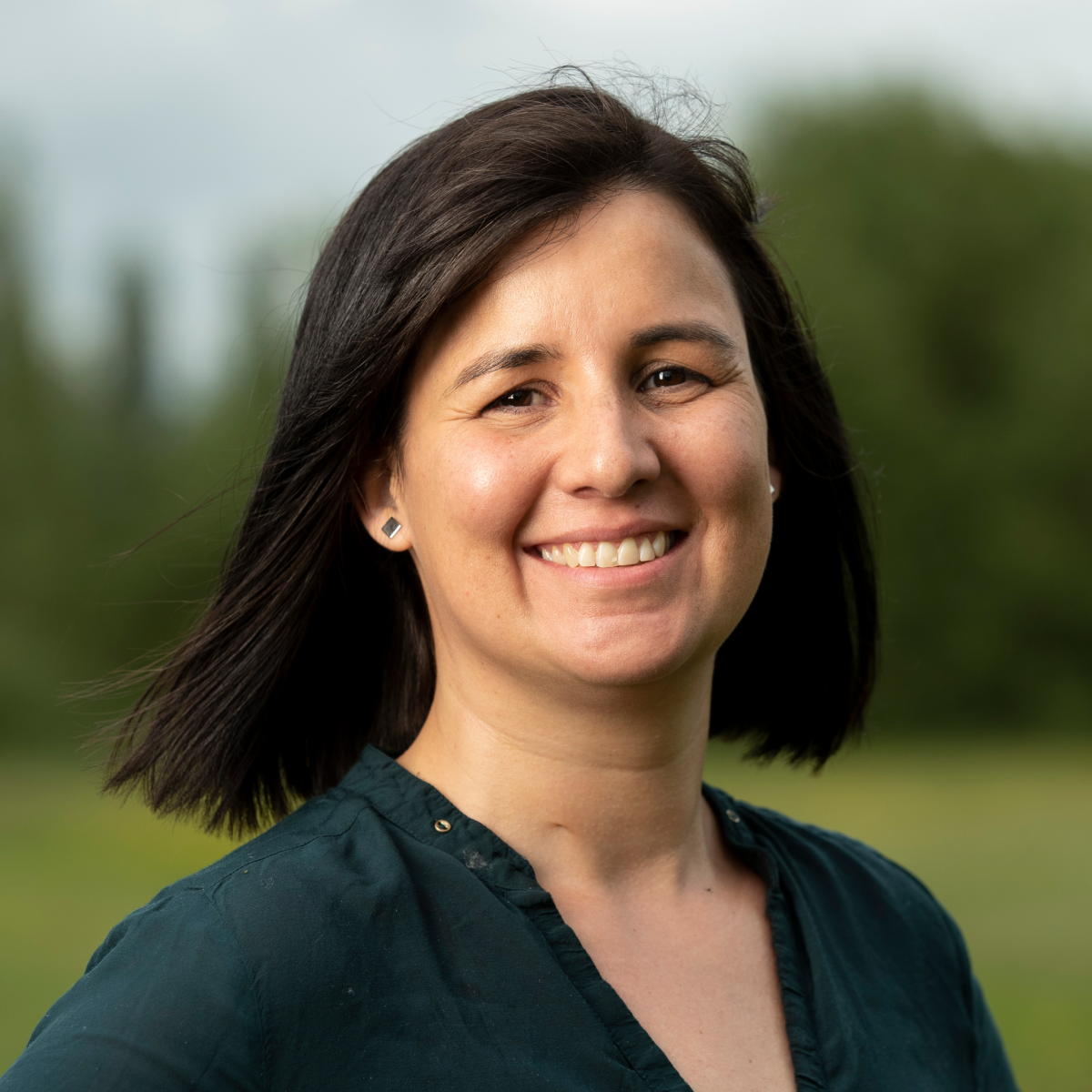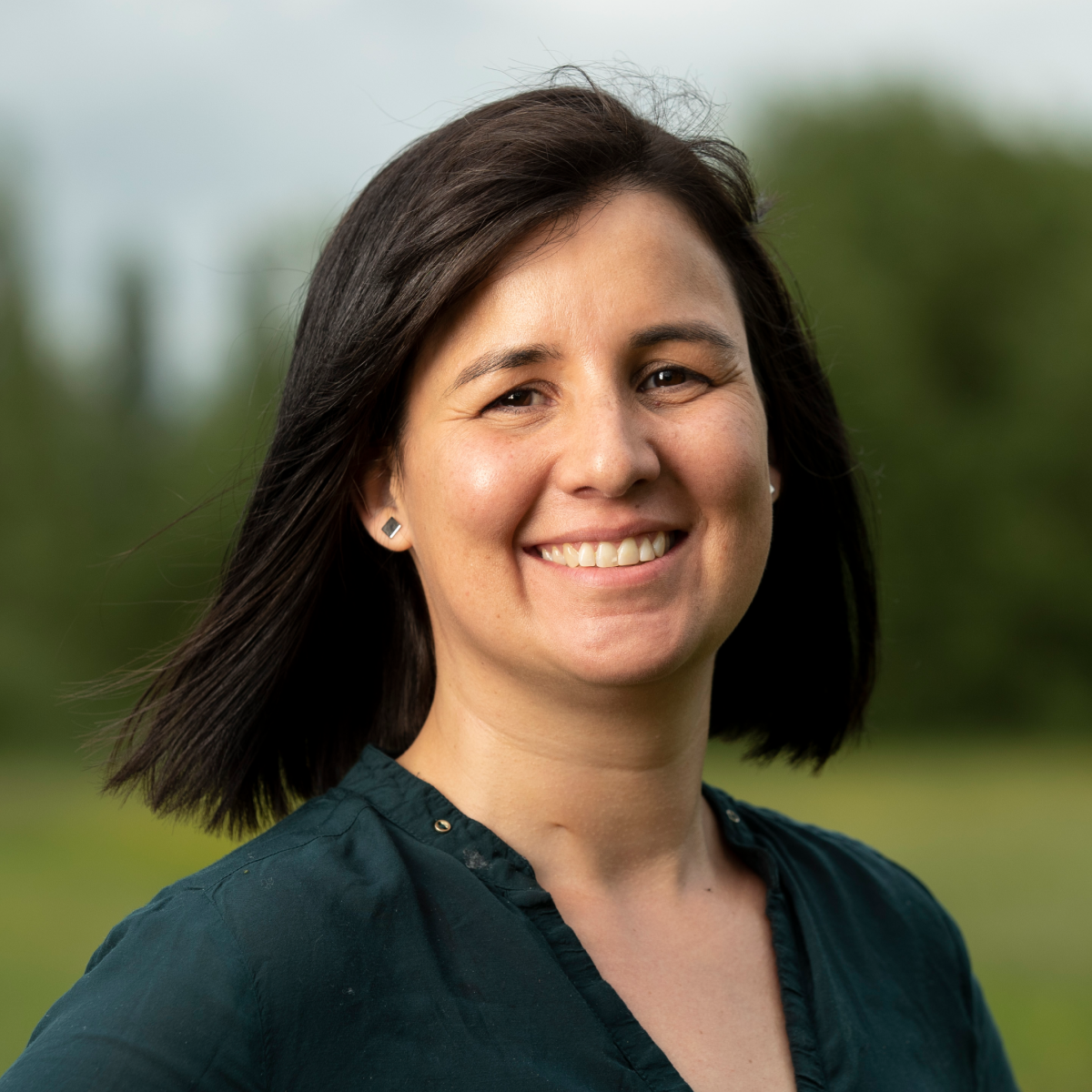User interviews can help you get in-depth insights on users' needs, behaviours and motivations.
This post is a part of of our "Fundamentals of UX Design" training session and is not supposed to be a comprehensive guide.
Preparing
1) Write down key objectives
Every user research needs to start with objectives. Why are you doing these interviews? What do you want to learn and find out?
For example: Understand how users currently do their work without your product or understand how users use your product, etc
2) Define user groups
Who do you need to speak to? Define what user groups you’d like to interview in order to achieve your objectives.
At the start of the project, the user groups might be high level assumptions and the user groups can be refined after you understand users in more depth through the interviews.
3) Recruit representative users from each user group
Usually, around 5 users from each user group will give you enough to start with.
We recommend that you run a series of studies, rather than 1 big research at the start. This is because you will learn and can adapt the research to go into more depth or into a specific topic.
4) Write down some prompts
Write a list of questions that will help prompt you on what you want to find out. This will guide you during the interview. You want to make the interview feel like a conversation so prompts are useful to keep the conversation flow.
Conducting
1) Introduction
Let the person know:
• Why you are doing this interview
• There are no wrong answers, you want to understand how they work
• If you’re recording the session
• How long the interview will take, confirm they are OK with the time, let them know they can stop at any point. Usually, it takes 30min-1h
2) Ask open questions & active listen
Make the interview a conversation style, so users will feel comfortable talking.
Ask open questions (don't lead). Open questions help you get insights beyond what you first anticipate.
Example: Instead of asking "Do you like X?" ask "What do you think of X?"; or “Do you prefer A or B?” ask “What do you prefer?"
“The most important benefit of open-ended questions is that they allow you to find more than you anticipate: people may share motivations that you didn’t expect and mention behaviors and concerns that you knew nothing about. When you ask people to explain things to you, they often reveal surprising mental models, problem-solving strategies, hopes, fears, and much more.” -
As a facilitator, you’re there to listen. Allow people to think. People feel uncomfortable with silence, so if there is some silence, it’s likely they’ll talk. If they don’t talk, these are useful prompts to get them to continue speaking:
“Tell me more about…”
“What do you mean by…”
“What else can you tell me about…”
“So, you’re saying [repeat in your words what they just said]..." and leave some silence afterwards (it’s likely that they’ll speak more about it).
Echo technique:
User: “This page is weird…”
You: “Weird…?”


